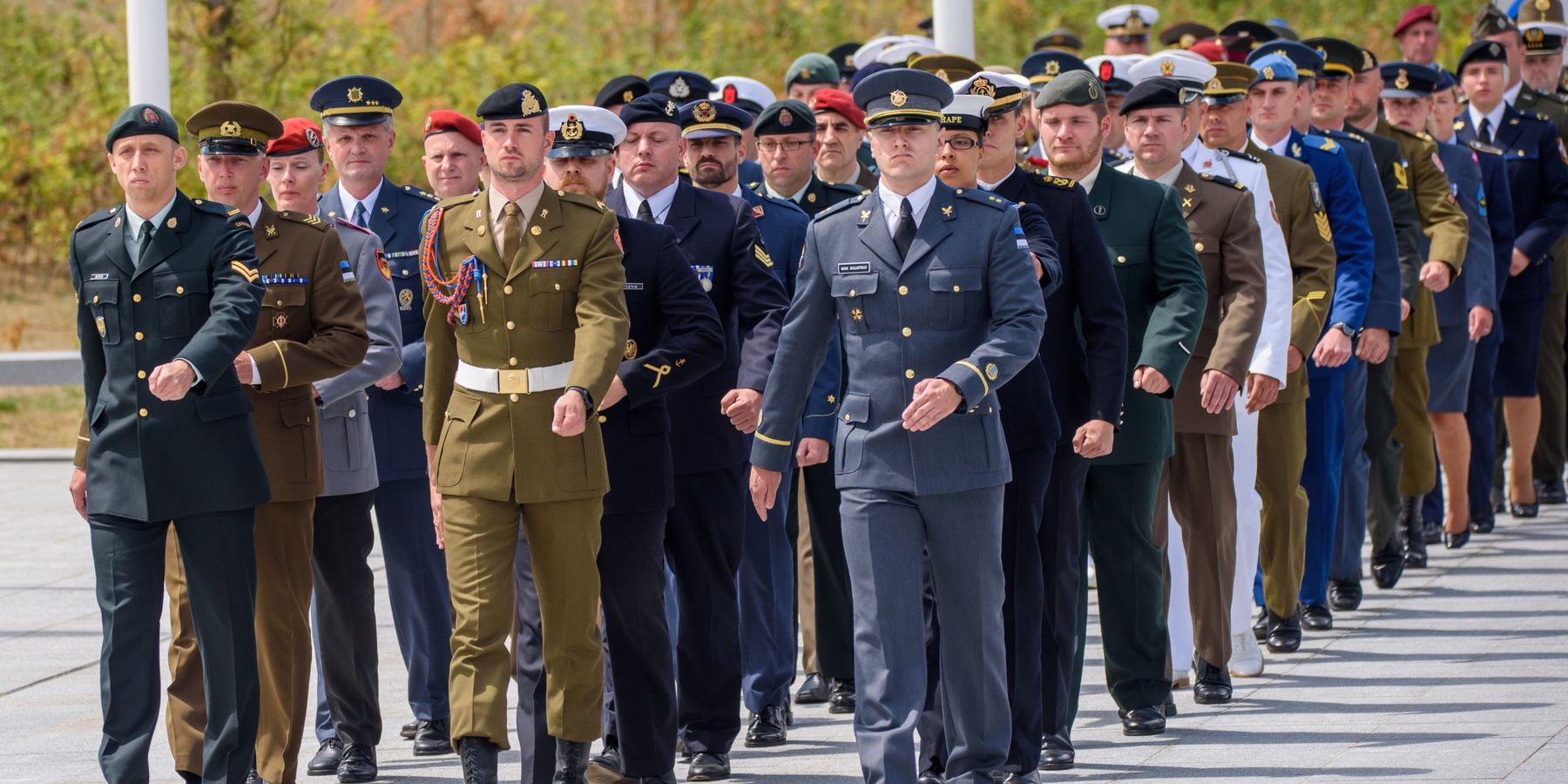Gen. Charles Q. Brown Jr, the chairman of the Joint Chiefs of Staff, said that NATO “trainers” will eventually be sent to Ukraine, breaking one of the few remaining red lines preventing the Ukraine war from erupting into a direct conflict between Russia and the West.
“We’ll get there eventually, over time,” said Brown, according to The New York Times, adding that sending them now would put “a bunch of NATO trainers at risk.”
Brown’s comments tacitly concede two realities that Western officials have been loath to acknowledge: the Ukrainian war effort is slowly crumbling and cannot be sustained without a steady escalation of Western involvement.
Yet there is a third factor that should be of serious concern to U.S. and European leaders: sending NATO personnel into Ukraine absent some kind of larger, explicit understanding with Moscow is highly likely to embroil NATO states, including the U.S, in a shooting war with Russian forces.
The Kremlin may very well be open to some kind of formal settlement that establishes lines of demarcation in Ukraine and sanctions the presence of Western military personnel in parts of the country, but that framework is not what’s being proposed here. Absent an explicit agreement with the West over the scope and limits of NATO’s military presence in Ukraine, the Kremlin would likely view the initial wave of NATO trainers as a trial balloon to gauge Russia’s reaction to greater and more direct Western involvement in Ukraine.
Thus, there is a high degree of probability that Moscow would conclude it needs to make a point of targeting these trainers as vigorously as possible to dissuade the prospect of larger-scale NATO military intervention.
Brown reportedly acknowledged that sending these personnel in now would put “a bunch of NATO trainers at risk,” but it is not clear what exactly about the battlefield dynamics in Ukraine leads him to conclude that this scheme would be safer to execute in the future.
This proposal, without a larger strategy for ending rather than escalating the war, is a recipe for disaster. It would not bring Ukraine closer to achieving anything that can meaningfully be considered as victory over Russia, but it would bring NATO and Russia within a hair’s breadth of open conflict — something that all Western leaders should be seeking to avoid.- US special forces in Kyiv: Much ado about nothing? ›
- Just how many US troops and spies do we have in Ukraine? ›
















